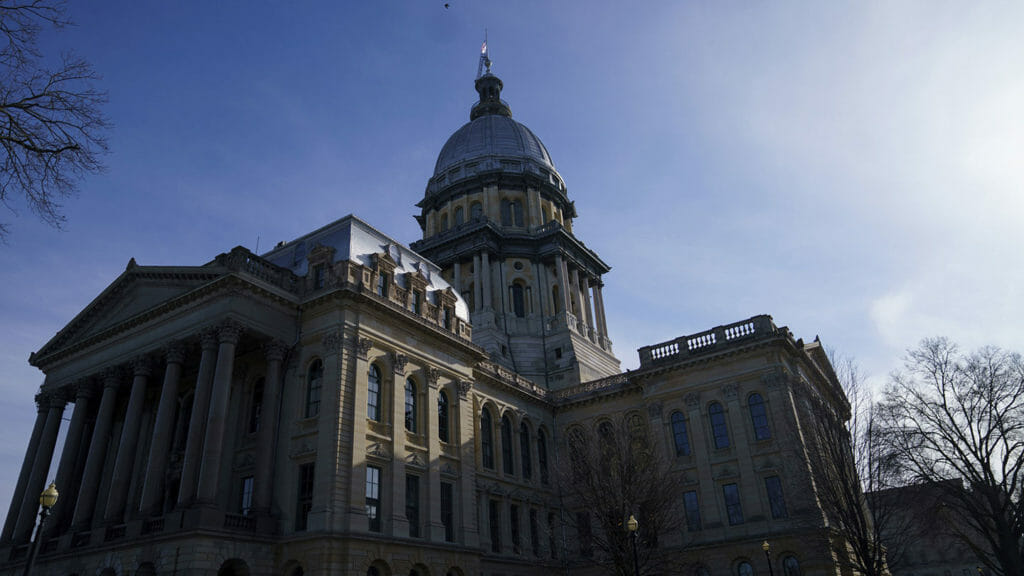
Nursing home residents would acquire new legal protection against retaliation from staff and management after making complaints about a facility under a bill now on the Illinois senate floor.
The measure would amend the existing Nursing Home Care Act by expanding the definition of what counts as retaliation to cover actions taken against both employee and resident whistleblowers.
“Patients in nursing homes should not have to worry about retaliation for wanting better living conditions for themselves,” said sponsor Lakesia Collins (D-Chicago) in an announcement Tuesday. “We are making an effort to expand the definition of retaliation to fit actions that are interfering with residents’ quality of life and are in response to protected activities.”
The bill would create a broad swathe of protected behaviors for residents — such as disclosing or threatening to disclose information about a facility, testifying before a public body, trying to move themselves or others to a new facility and becoming a member or a resident council or union.
Workers and residents have both consistently reported fearing retaliatory behavior for whistleblowing for years — for residents, as far back as the late 1960s, according to a 2023 report from researcher Eilon Caspi, PhD, and sponsored by consumer advocate group the Long Term Care Community Coalition. The study was also published in the Journal of Applied Gerontology.
At the time, Caspi told McKnight’s that the asymmetry of power between residents and staff was important to address, but that real complaints of retaliation or fear of retaliation should not be construed to demonize the entire long-term care sector.
The bill passed through the Judiciary Committee Tuesday and was first introduced on the full Senate floor Thursday.
If a nursing home can demonstrate that it would have taken a perceived retaliatory action regardless of any protected behavior from a resident, it will not be in violation of the law, per an existing provision of the act.




